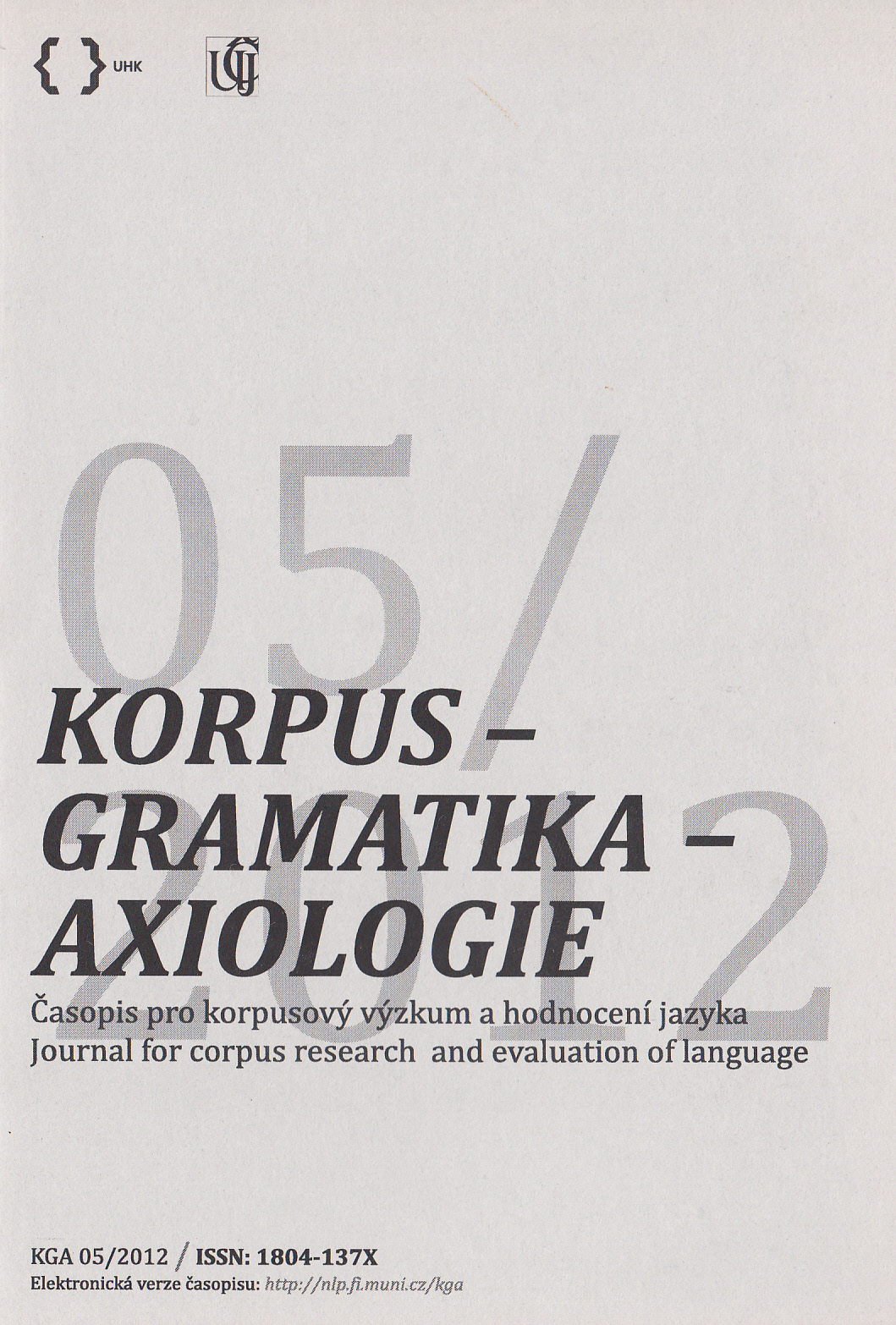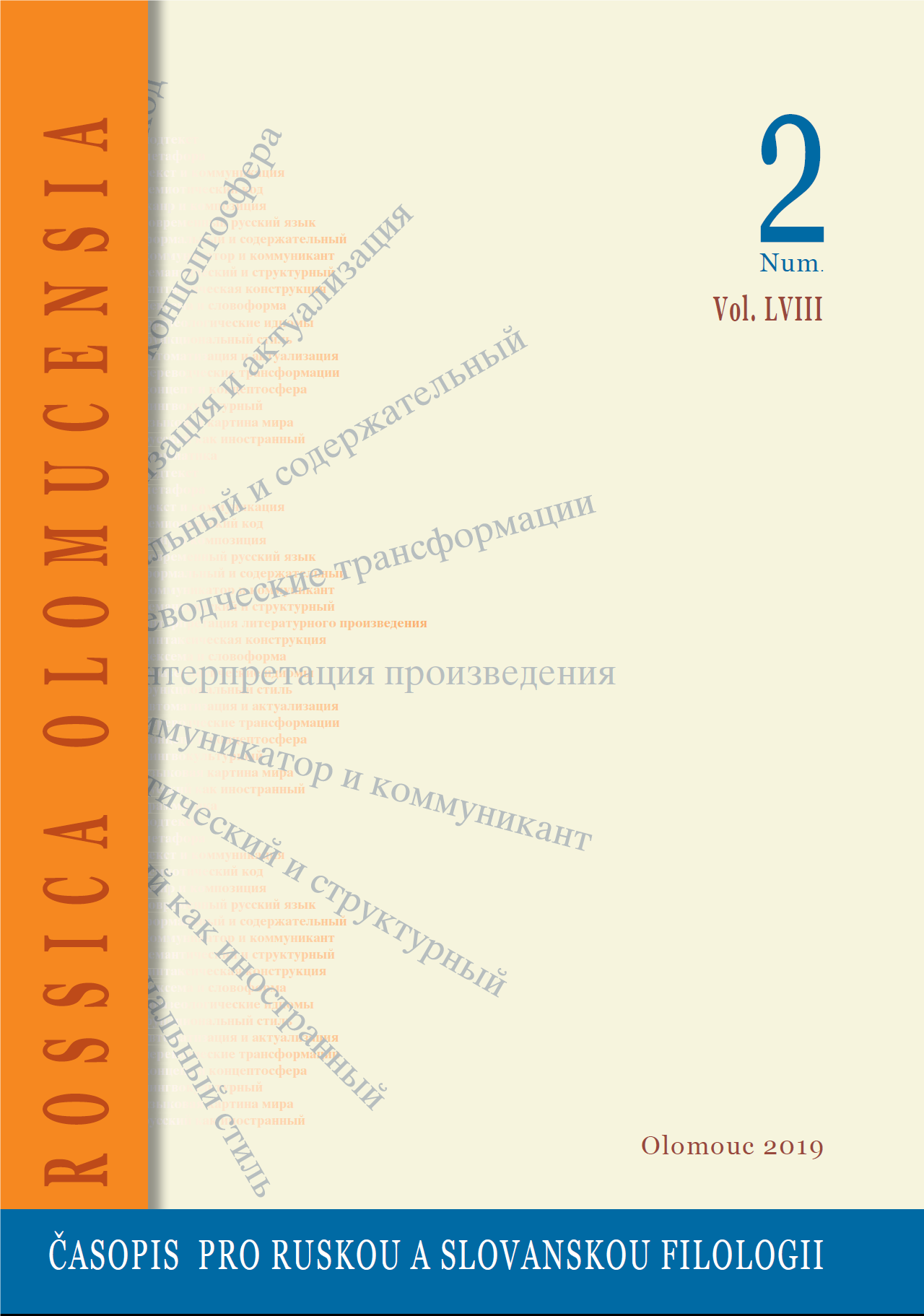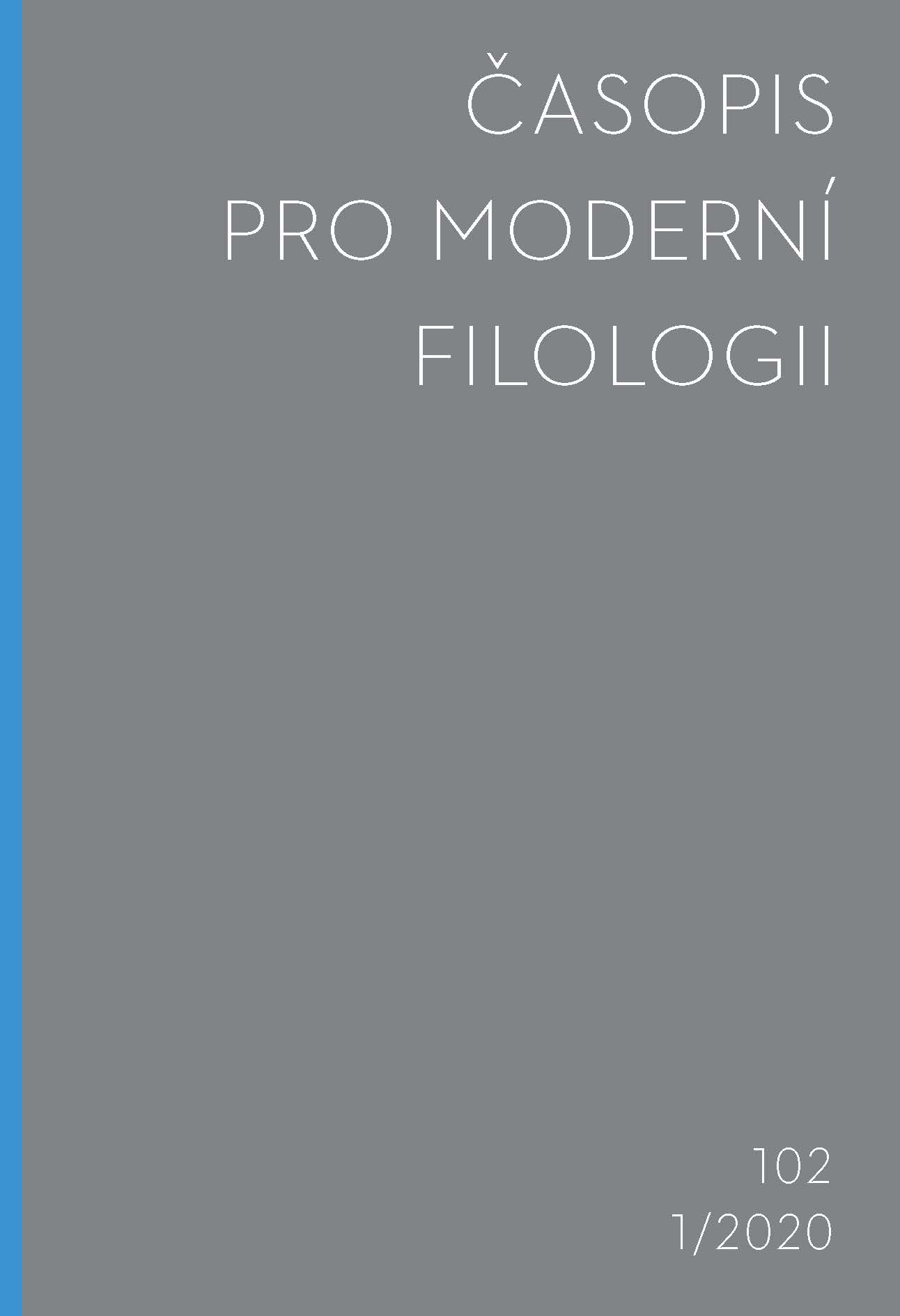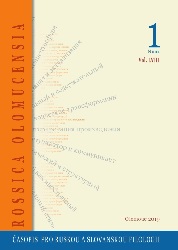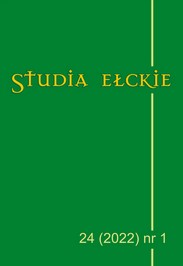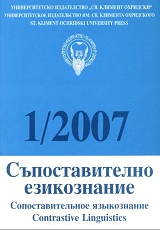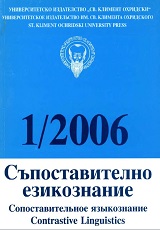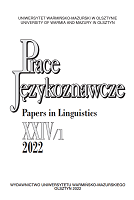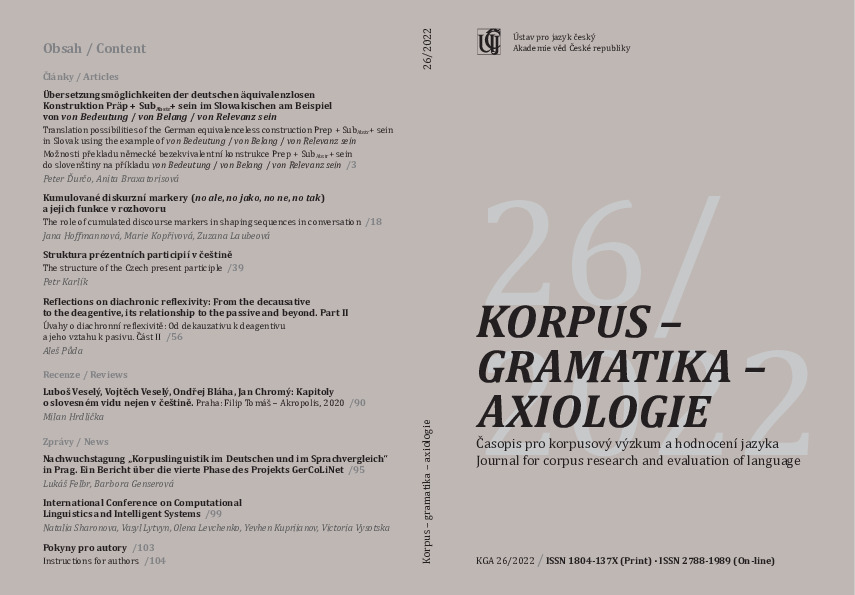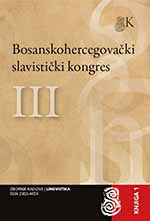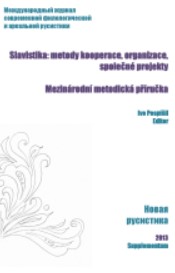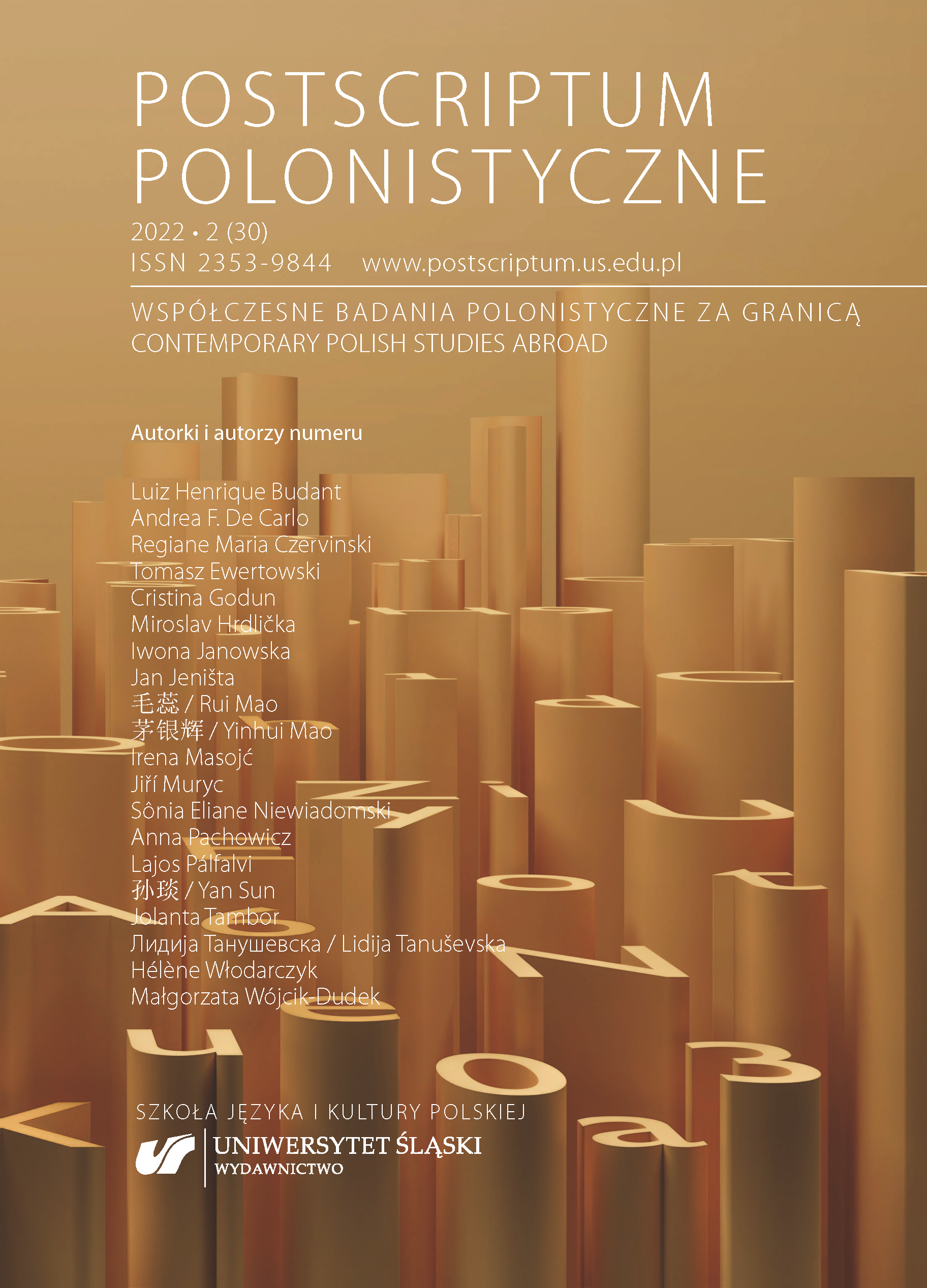Author(s): Jana Hoffmannová,Marie Kopřivová,Zuzana Laubeová / Language(s): Czech
Issue: 26/2022
The intense scrutiny under which conversation analysis has placed turn-taking inconversation has gradually also led to an interest in turn beginnings and xpressions occupyingturn-initial positions, mostly turn-initial particles. Our research follows up on an investigationof discourse markers in spoken Czech, whose results were published in the monograph Syntaxmluvené češtiny. In the present paper, we focus on the linear syntactic, prosodic and interactionalfeatures of multi-element clusters (cumulations) of discourse markers at the beginningof the second turn in a two or possibly three turn sequence – i.e. the reactive, responsive turn.We strive to capture the forward/backward looking orientation of these cumulations, i.e. thedegree to which they tie into the previous turn (not necessarily a question), and how they contributeto projecting the response. This doubly contextual perspective leads to expressing variousreactive meanings and stances, both preferred and dispreferred. We leave aside one-wordreactions, especially jo, no, which are very frequent in Czech, and their reduplicated variants(jo jo, no no no), and give a special attention to the cumulations no ne, no jako, no ale, no tak.The research is based on naturally occurring private conversations (collected i. a. in the ORTOFONcorpus). Our analyses combine methods from conversation analysis, interactional linguisticsand corpus linguistics.
More...

